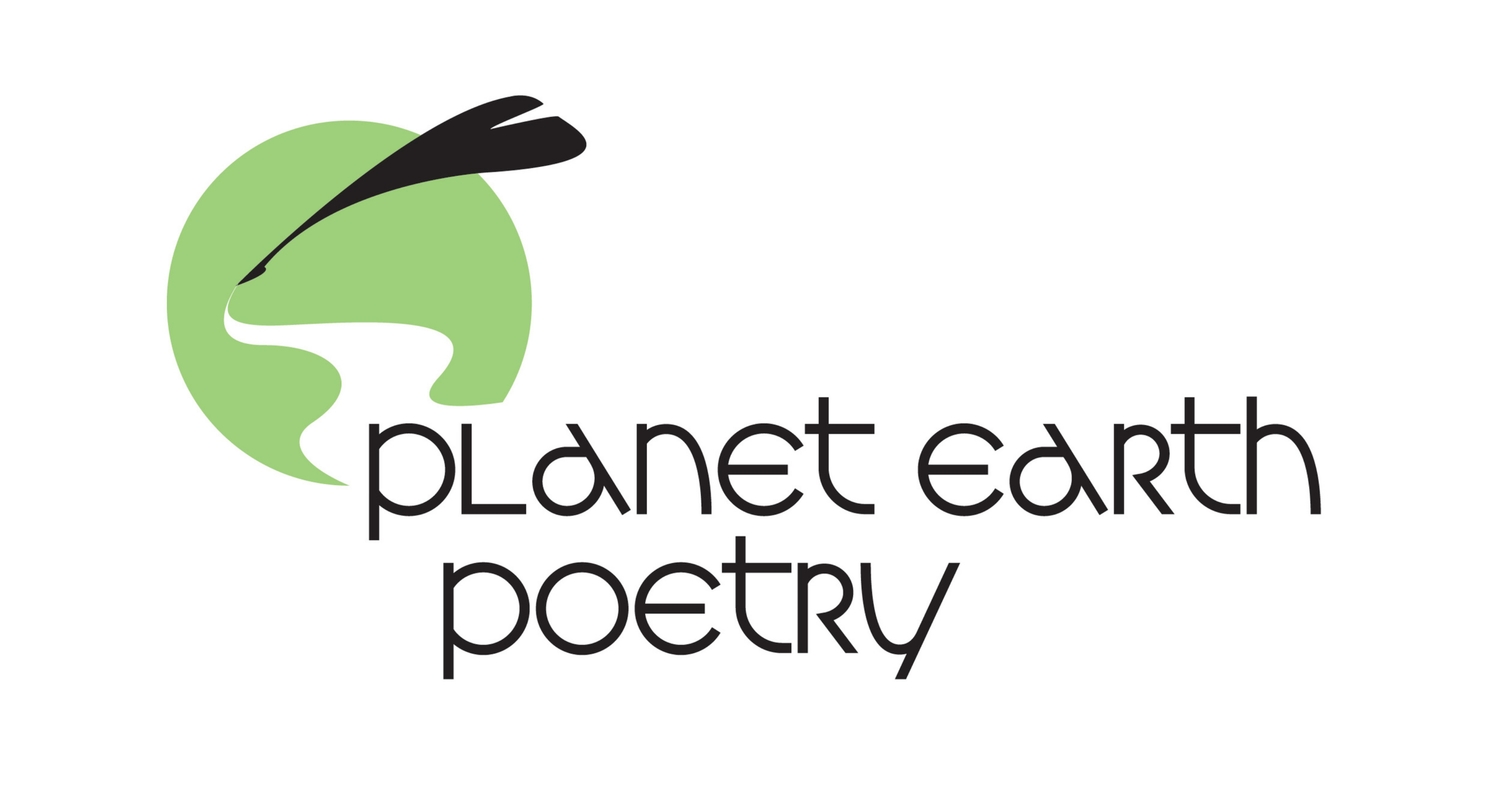REVIEWER: Wendy Donawa is grateful to live on the unceded territory of the Songhees and Esquimalt peoples, and to see the Salish Sea and the Sooke Hills from the window over her desk. Our Bodies’ Unanswered Questions is her second collection.
Poet Wendy Donawa
unpacking the poem:
Regional reviewers focus on regional poems
Reviewer Wendy Donawa unpacks a different poem every month. She examines the poem in a way she hopes is helpful for readers and other poets to understand how craft works in a particular poem, for a particular effect.
april 2023: karen enns
Garden Party
The moon is orange tonight,
pure tangerine. It’s the wildfires
in the north and east, we’re told.
We see it through a canopy of fir
above our heads, as it moves along,
or as we do. As the conversation does,
which is steady, although random,
and less fervent than the candles
set in glasses on the table.
They, at least, flick arguments,
small mutinies into the dark.
But who will remember the words?
Those colourless moths
that swerve and disappear.
Not us. At midnight
we rise from our chairs,
adjust our sweaters and shawls,
and walk back
under the gist of orange
to where we were
before we spoke.
Poet Karen Enns
Karen Enns is the author of four collections of poetry: Dislocations released in March, 2023, Cloud Physics (winner of the Raymond Souster Award), Ordinary Hours, and That Other Beauty. Her poems have appeared in many Canadian literary journals including The Malahat Review, The New Quarterly, Prairie Fire, and Grain Magazine. She lives in Central Saanich, where she teaches music and works as an editor.
Unpacking “Garden Party”
This poem’s opening lines suggest the reader might expect the ease and pleasure of a moonlit celebration, candles flickering in a woodland setting. But the radiant “pure tangerine” of the moon that opens and closes the poem is a spreading wildfire, destructive, a danger to entire forested ecosystems. Readers who have endured the brassy skies and choking air of BC’s past few wildfire seasons will sense the unacknowledged alarm that pervades this garden gathering.
How deftly the poet creates a dramatic, glamorous setting, yet simultaneously conveys a mood of bleak uncertainty. Fiery images of flames flare through the poem: wildfires so brazen they turn the moon orange, leap from treetop to treetop. Candles flicker into the dark. The “gist” of firelight hangs over the departing guests.
What a contrast to the guests’ passive, diffident conversations, the bland, hesitant narrative voice. A troubling un-ease permeates conversations generated without apparent volition or agency. Their dialogue is “random,” “less fervent than the candles.” Arguments are avoided: “who will remember?” Even the moths “swerve and disappear.” Although the guests can see the fire for themselves, the narrator only acknowledges its existence when “we’re told” it’s wildfires.
When the guests leave at midnight, nothing has been solved, resolved, or even discussed, although the destructive fire is observed throughout the evening “above our heads, as it moves along/or as we do”. Conversations are “steady” by the narrator’s own account, but lacking fervour or argument, unmemorable: not even “small mutinies into the dark.” An overall sense of stasis pervades as the guests “walk back/under the gist of orange/ to where we were/before we spoke.”
Ironically, the contrast of Enns’ polished diction with her vibrant flame-and-darkness imagery
highlights a mood of futility, or perhaps denial, that afflicts a community approaching the planet’s environmental “midnight.”




